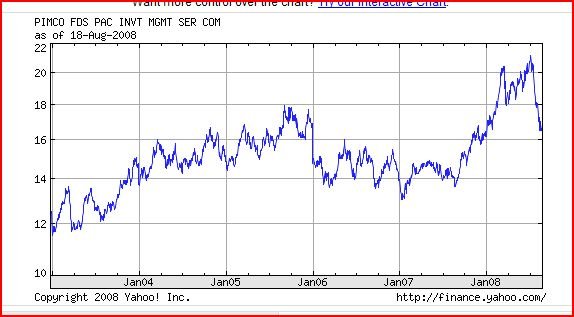Why are commodities good or not good to have as a part of someones long term asset allocation plan?
Some background: My problem is, my parents are constantly asking me financial questions these days. I do not work in the financial industry, it is just a hobby I have recently picked up because I believe it is important to know in order to FIRE as quickly as possible.
My parents are fairly near to retirement, so they struggle constantly with balancing risk vs. reward. Beyond just attempting to stay within a certain stock/bond allocation, they seem to be pretty unsure on what sort of allocation to use beyond that, and more importantly, have problems sticking with it. They get very scared when the market does badly and very confident when the market is doing well.
So at the beggining of the year they bought a natural resources mutual fund (oil/natural gas), in order to have commodities. Now they are asking me if they should sell it after it when from a fairly positive return to a small negative return in a short period. I ask them if commodities are part of their long term portfolio (as opposed to being just their high risk play money) and why they want commodities, and they just stare at me blankly...
I could really use some insight. Thanks all.
Some background: My problem is, my parents are constantly asking me financial questions these days. I do not work in the financial industry, it is just a hobby I have recently picked up because I believe it is important to know in order to FIRE as quickly as possible.
My parents are fairly near to retirement, so they struggle constantly with balancing risk vs. reward. Beyond just attempting to stay within a certain stock/bond allocation, they seem to be pretty unsure on what sort of allocation to use beyond that, and more importantly, have problems sticking with it. They get very scared when the market does badly and very confident when the market is doing well.
So at the beggining of the year they bought a natural resources mutual fund (oil/natural gas), in order to have commodities. Now they are asking me if they should sell it after it when from a fairly positive return to a small negative return in a short period. I ask them if commodities are part of their long term portfolio (as opposed to being just their high risk play money) and why they want commodities, and they just stare at me blankly...
I could really use some insight. Thanks all.

